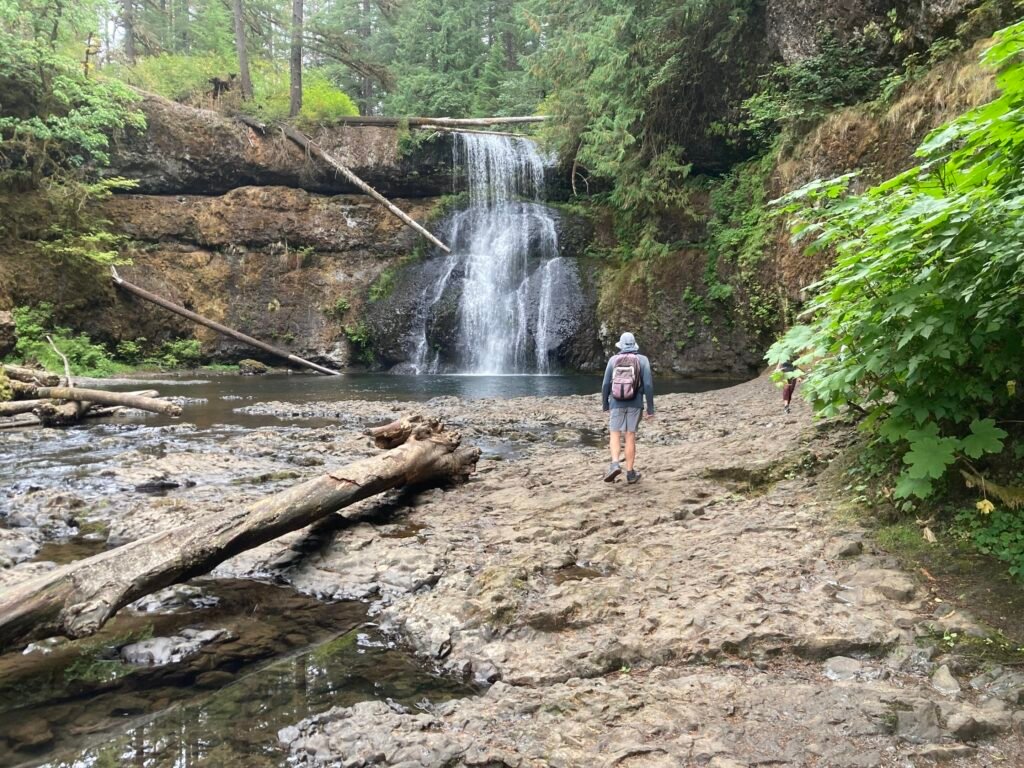Outdoor recreation has long been seen as a leisure activity, but new research from Oregon State University suggests that it should be viewed as essential public health infrastructure. A recent study published in PLOS One analyzed behavior and well-being during the COVID-19 pandemic and found that outdoor recreation has significant and measurable mental health benefits.
The study, part of the Play2Cope project led by OSU’s HEAL research lab, collected data through an online survey from a sample representative of the adult population. The research highlighted the importance of outdoor activities in maintaining mental health during challenging times.
The findings revealed that engaging in outdoor activities, even near-home activities like walking and gardening, was associated with lower levels of stress and depressive symptoms. The study also found that reduced outdoor recreation was linked to higher levels of perceived stress, emphasizing the importance of outdoor spaces for mental well-being.
According to Xiangyou (Sharon) Shen, the director of the HEAL research lab, the study provides compelling evidence that outdoor recreation should be treated as behavioral medicine. She suggests that outdoor recreation spaces should be classified alongside essential facilities like hospitals and pharmacies.
The research also highlighted disparities in outdoor recreation engagement based on age, racial background, and financial situation. The study found that racial minorities and individuals facing financial difficulties were less likely to engage in outdoor activities, leading to disproportionate mental health impacts in these communities.
Shen emphasized the importance of maintaining access to outdoor recreation spaces, especially in park-poor areas or communities where vulnerable groups reside. She also highlighted the role of individual adaptive engagement in maintaining or increasing outdoor recreation, suggesting that policy support for recreational adaptation and access can make a real difference.
Overall, the research underscores the importance of outdoor recreation as a public health necessity, particularly during times of crisis. Policymakers are urged to prioritize outdoor recreation access to improve population mental health and advance health equity.
The study was led by Colby Parkinson, a doctoral student at Penn State, and involved researchers from Oregon State University. The findings were published in PLOS One and provide valuable insights into the role of outdoor recreation in promoting mental well-being during challenging times.


